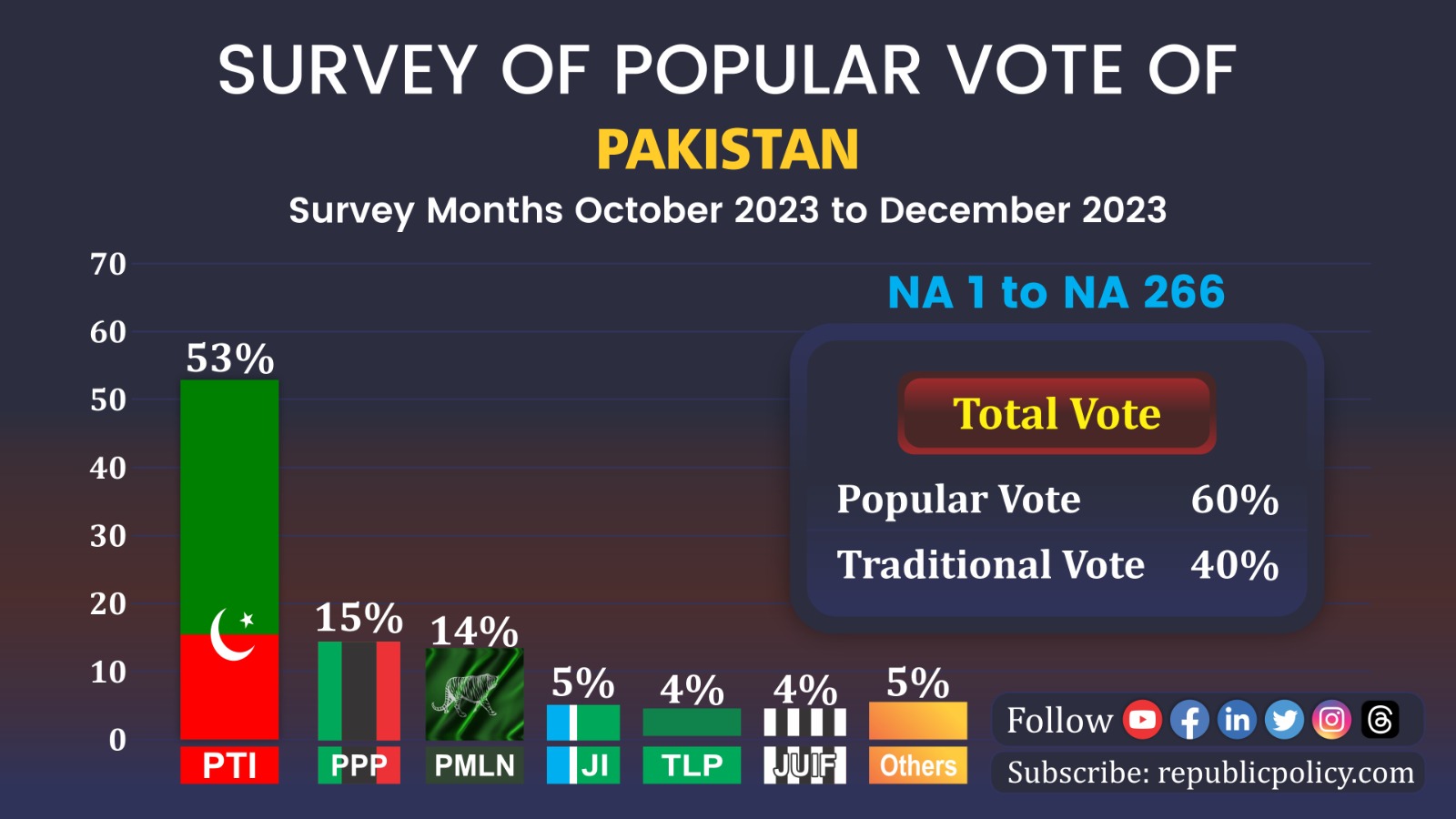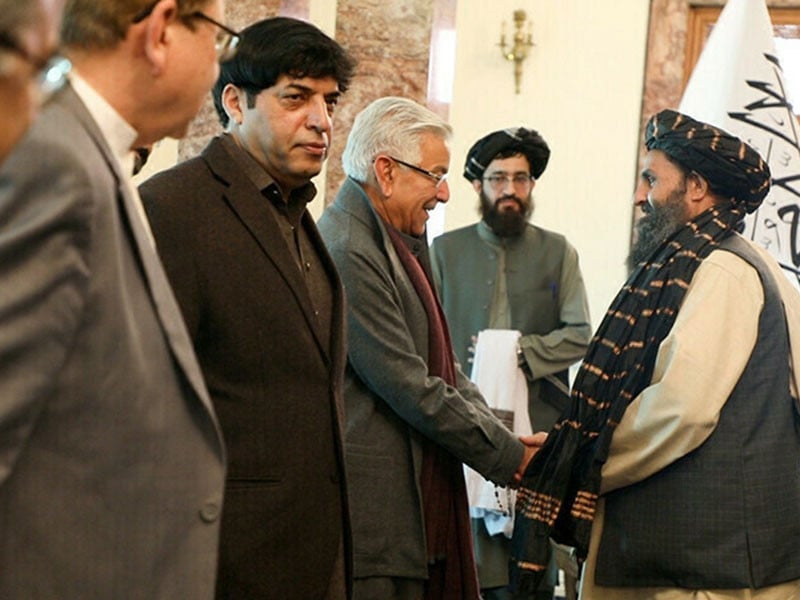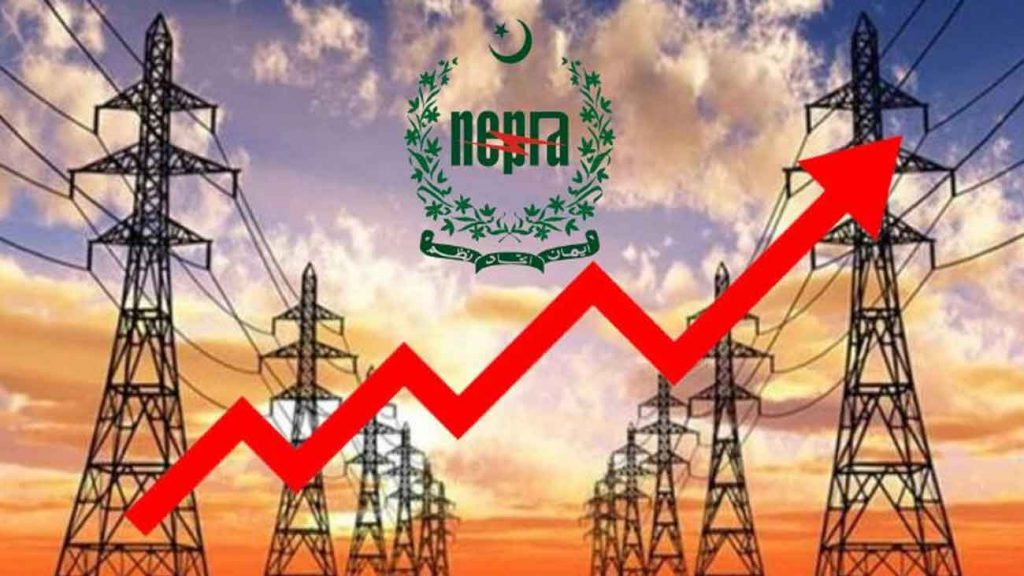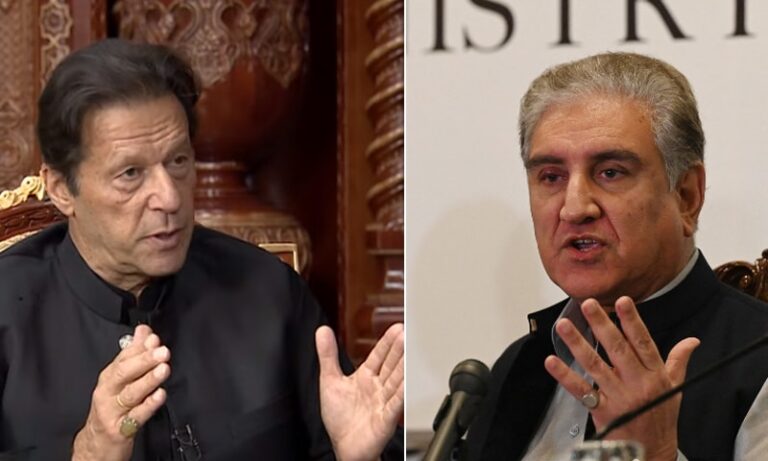Editorial
The latest survey by Republic Policy, a recognized think tank, paints a detailed picture of Pakistan’s political landscape ahead of the upcoming elections. Analyzing the data through a critical lens reveals fascinating insights and potential pitfalls.
The survey presents PTI as a formidable force, competitive on a staggering 226 NA seats out of 266. Their grip on KPK and Punjab, coupled with significant pockets of support in Sindh and Baluchistan, translates to a cumulative popularity of 53%. This broad reach paints a promising picture for Khan’s party, suggesting they could potentially dominate across various regions.
The survey only measures competitive presence, not guaranteed victory. Internal squabbles, strategic alliances, and voter turnout in specific constituencies can significantly impact outcomes. PTI’s dominance might not translate directly into seats, especially in fiercely contested areas, if they do not put up stronger candidates and run a comprehensive election campaign with better polling day management. In contrast, PPP emerges as a regional powerhouse, comfortably leading 30 seats in Sindh. Their popularity stems from deep-rooted connections and a strong hold on local politics. However, their presence outside Sindh is minimal, leaving their national ambitions heavily reliant on alliances and strategic manoeuvring.
PMLN finds itself in a tricky position. While they boast solid support in Punjab and pockets elsewhere, they consistently trail behind PPP in Sindh and lack a significant presence in other regions. This puts them in a precarious position, reliant on traditional strongholds and a complex game of alliances to secure victories. The survey offers a valuable snapshot, but it’s crucial to consider nuances beyond mere percentages. Factors like voter mobilization, campaign strategies, and unforeseen events can dramatically alter the political landscape. The role of external actors and potential manipulation must also be considered, as they can influence voter behaviour and disrupt the electoral process.
The Republic Policy survey provides a valuable starting point for understanding Pakistan’s political landscape. However, a critical analysis reveals underlying complexities and uncertainties. As election season heats up, it’s essential to observe how parties navigate these complexities, forge alliances, and mobilize voters. Only then can a more accurate picture of the upcoming electoral battlefield emerge.
Please, subscribe to the YouTube channel of republicpolicy.com

















































